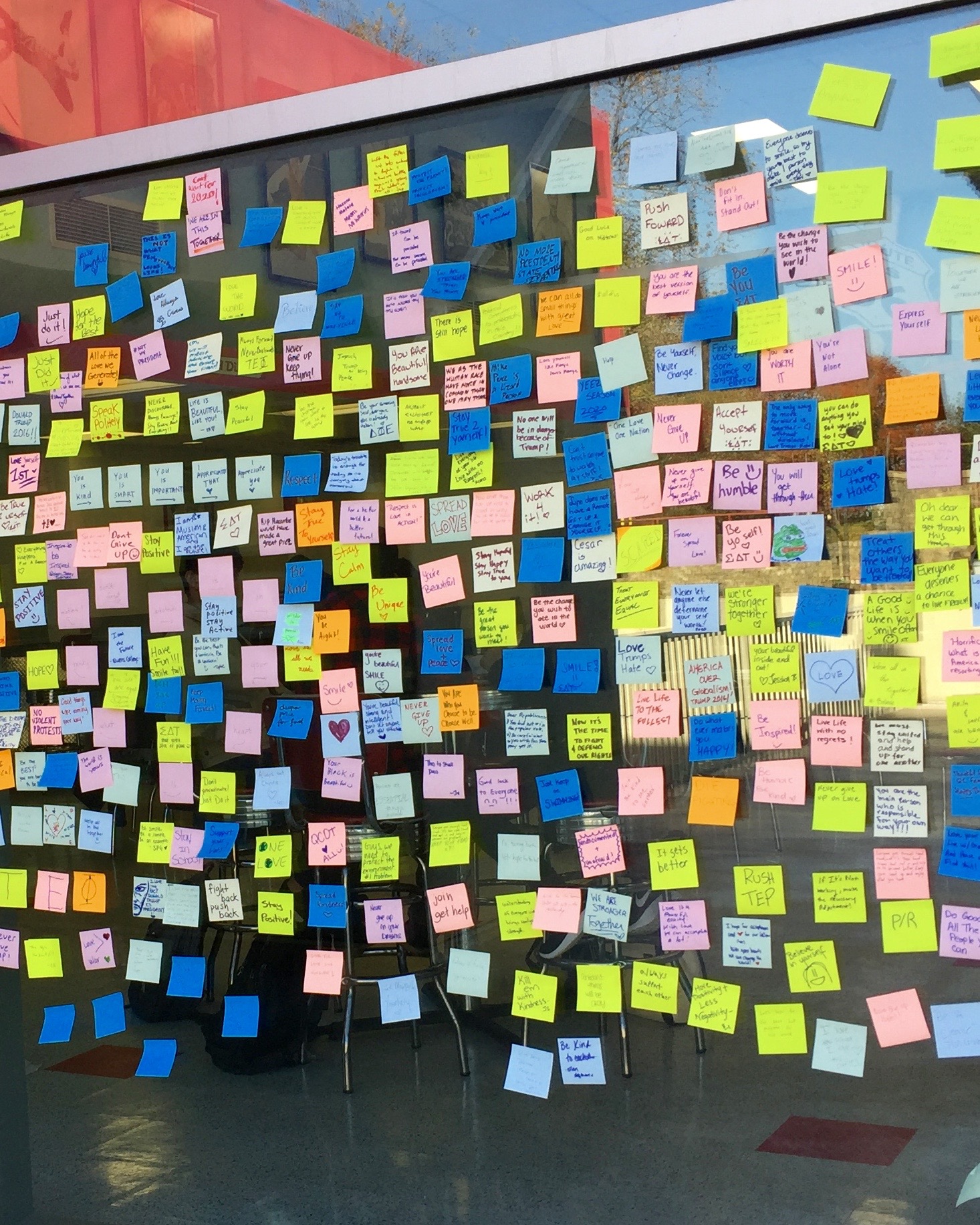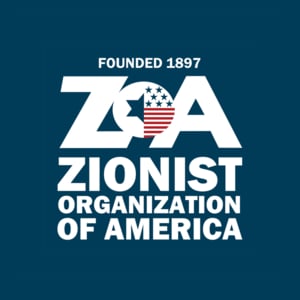The college campus is an environment where students, the vast majority of whom are young, are allowed to express themselves and develop their minds. Queens College is a prime example as the diversity among students strengthens such expression.
However, a report authored and researched by Diala Shamas and Nermeen Arastu shows the extent of surveillance the New York Police Department has upon the Muslim population not only in New York City, but in the CUNY system as well.
The report, “Mapping Muslims: NYPD Spying and Its Impact on American Muslims,” details how post-Sept. 11, the NYPD has closely observed Muslims in their daily activities for fear of “terrorism.”
The means used to follow the populace, which include sending “informants,” “recording” people they spoke with, spying and other tactics have created a “climate of fear” that extends to the CUNY system.
“Surveillance presents intimidating challenges for the development of young leaders and citizens, limiting communities’ social, political and economic potential for generations to come,” the report said.
One section of the report focused upon campus life, specifically in the CUNY system with Muslim Student Associations. One anonymous QC student spoke to the authors about her thoughts on surveillance.
“If they were [not] already monitoring me, now that I’m in the MSA at Queens College, I’m definitely monitored,” Sameera — her pseudonym — said.
Shamas, the co-author of the report, remarked officials in city government still believed in surveillance, even though the report provides evidence that such policy has been detrimental for both the NYPD and the Muslim community.
“Ray Kelly, as well as Mayor Bloomberg, has fully supported the NYPD’s warrantless and suspicion-less surveillance of the city’s American Muslim population. Kelly’s statements have suggested that it is ongoing and something the department still believes is a valuable use of resources, despite the fact that it has been shown to be so ineffective and so harmful,” Shamas said.
Kelly is police commissioner of New York City and was appointed by Bloomberg in Jan. 2002, making him the first person to hold the position for a second, separate tenure.
However, there is disagreement as to whether the extent of the surveillance program has strongly affected life of Muslims on campus, including those in MSA.
For instance, Judith Krinitz, assistant director of student life, remarked that she did not feel that surveillance significantly affected the academics and activities of those in MSA.
“We have an amazing MSA and they’re all model citizens. They do great programs and their intention is to educate everyone on campus on Islam. They told me they feel comfortable on this campus,” Krinitz said.
MSA is referenced in the report as a place where students feel comfortable and is an “integral part of many American Muslim students’ college life.” A former Stony Brook University student stated it was a “diverse community of friends,” and he was “really grateful to have had the experience.”
Surveillance by the NYPD is disadvantageous for students’ campus life and so there is a “general hesitance to address surveillance on campus.” Glenn Peterson, a political science professor at Baruch College, stated in the report as a reason why students are not so open to discussing their experiences and thoughts about surveillance.
“CUNY students are so grateful to be in CUNY in the first place,” Peterson said. “They don’t want to rock the boat. The last thing they want to do is anything that would endanger their chances of getting an education.”
The report references students and authority figures for their reactions to the policy by the NYPD. A chaplain under the pseudonym Amin, for a “New York City-area college Muslims group” highlighted a consequence of the surveillance program as he saw it.
“The week of the news [Associated Press’ investigations], the students wouldn’t come to the prayer room. They felt they couldn’t meet in their own space. The idea of being surveyed— for a 19 or 20 year old — is a terrifying thing,” Amin said.
Doctor Ali Mermer, chaplain of the QC MSA, remarked that he has not heard anything from students and experienced no interference. He added that he has not heard anything from other chaplains or students about such surveillance.
“We have not experienced any kind of interference at all,” Mermer said.
In addition, he stated that individuals in MSA had “nothing to hide” as they were all “understanding students.”
“I don’t see the main motivation for this report. None of the other MSA chaplains are saying they are disturbed by this,” Mermer said.
Shamas mentioned that the report focused “on what individuals said.” The responses were “unanimous” from what she gathered with her co-author and team. Additionally, she stated that the surveillance program was the “essence of discrimination.”
“I definitely think the NYPD policies are discriminatory,” Shamas said.
A significant point raised in the report was stigmatization felt by Muslims, which the surveillance program heavily contributed to. Sameera, an anonymous QC student, felt the program had affected the perception of her academic environment.
“They say ‘don’t you go to Queens College? Isn’t that where all the terrorists are?’ They saw it on the news that they were spying on us.” Sameera said.
One QC student, Patyrk Perkowski, did not feel “surveillance of any group is justified.” Furthermore, he expressed that Sameera’s statement showed “why group surveillance and discrimination does more harm than good.”
“Instead of reconciling the social tensions that exist in our society, group surveillance spurs their growth by instigating hate of the conceptual other,” Perkowski said. “We further this ‘us against them’ mentality by discriminating against specific factions of our population. I find the biggest truth in the idea that discrimination speaks much more about the discriminator than the individuals discriminated against.”
The office of compliance and diversity programs has jurisdiction upon discrimination against students and faculty. They follow the “CUNY Policies and Procedures on Equal Opportunity, Non-Discrimination and Against Sexual Harassment,” which gives an official definition of discrimination.
“Discrimination is treating an individual differently or less favorably because of his or her protected characteristics — such as race, color, religion, gender, national origin or any of the other bases prohibited by this policy,” the official document states.
The report mentions that speaking in a certain language could “trigger surveillance” and “a spectrum of political and religious speech” of American Muslims “to be of concern.”
“NYPD’s assistant chief Thomas Galati also testified that merely speaking in certain languages, particularly Urdu and Arabic, could trigger surveillance,” the report states.
The response from administrators and top officials in CUNY, according to Shamas, were condemning the practice. However, they did not know that it was happening on their campuses.
“The fact that administrators did not know about the surveillance program on their campus suggests that the NYPD is in violation with their understanding of CUNY,” Shamas said.
The report mentions a case in New Jersey where “a national Muslim civil liberties group,” Muslim Advocates, filed a suit against the NYPD that stated surveillance was unconstitutional and wanted all records public for a judge to make a ruling. Shamas remarked that the NYPD had stated numerous times in the press that the surveillance program was not unconstitutional.
“They’ve submitted documents in court saying that it wasn’t unconstitutional,” Shamas said.
President of QC’s MSA, Hasib Jaan, did not personally feel that the surveillance program made everyone in the MSA fearful. Moreover, he felt that while the policy was wrong, he stated that no one had anything to hide, as everyone in MSA was respectable and trustworthy.
“I think NYPD surveillance of the MSA is unfair, but if you aren’t doing anything wrong, what do you have to fear?” Jaan said. “I know most of the guys who frequent the MSA and I can personally say they are great guys and none of them behave in a suspicious manner. With that being said, I was never worried when I heard about the surveillance, but I was saddened that things have gotten to the point where the NYPD feels justified spying on certain groups of people.”













